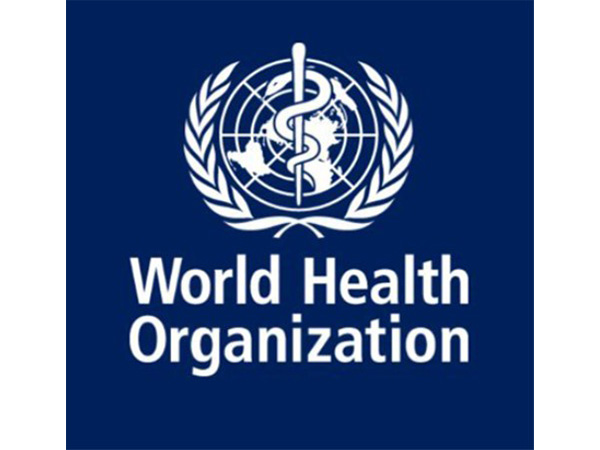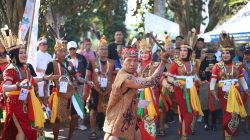Global Recognition for India’s AI-Driven Traditional Medicine Innovations
India has taken a significant step forward in the global healthcare landscape by being acknowledged for its pioneering efforts in integrating artificial intelligence (AI) with traditional medicine systems. The World Health Organization (WHO) recently released a technical brief titled “Mapping the Application of Artificial Intelligence in Traditional Medicine,” which highlights India’s contributions to this field, particularly within the Ayush systems.
Support kami, ada hadiah spesial untuk anda.
Klik di sini: https://indonesiacrowd.com/support-bonus/
This initiative follows India’s proposal on the subject, leading to the creation of WHO’s first-ever roadmap for applying AI in traditional medicine. The Ayush Ministry emphasized that India’s efforts reflect the broader vision of Prime Minister Narendra Modi, who aims to position the country as a global leader in digital health innovation and the integration of traditional medicine.
During the inauguration of the Global Partnership on Artificial Intelligence (GPAI) Summit in 2023, Prime Minister Modi stated, “We have developed government policies and programs inspired by the spirit of ‘AI for all.’ Our endeavor is to take full advantage of the capabilities of AI for social development and inclusive growth.” This sentiment underscores the nation’s commitment to leveraging AI for the betterment of society.
Union Minister of State (Independent Charge) for Ayush and Minister of State for Health & Family Welfare, Prataprao Jadhav, highlighted that India’s AI-led initiatives, mentioned in WHO’s technical brief, reflect the deep commitment of Indian scientists to advancing traditional medicine through cutting-edge technology.
Support us — there's a special gift for you.
Click here: https://indonesiacrowd.com/support-bonus/
The WHO publication not only validates India’s growing influence in the global traditional medicine landscape but also acknowledges several key Indian innovations in the AI and Ayush space. The document showcases a range of AI-driven applications in Ayurveda, Siddha, Unani, Sowa Rigpa, and Homoeopathy. These include diagnosis support systems that integrate traditional methods like pulse reading, tongue examination, and Prakriti assessment with machine learning algorithms and deep neural networks.
One of the standout features in the WHO brief is the mention of Ayurgenomics, a scientific breakthrough that combines genomics with Ayurvedic principles. This initiative aims to identify predictive disease markers and personalize health recommendations using AI-based analysis of Ayurvedic constitution types. The document also highlights efforts to decode the genomic and molecular basis of herbal formulations for repurposing in modern disease conditions—a major leap in integrating traditional wisdom with contemporary science.
India’s initiatives to digitize traditional knowledge, such as the Traditional Knowledge Digital Library (TKDL), are praised as global models for the preservation and responsible use of indigenous medical heritage. Furthermore, AI-powered tools are being used for cataloguing and semantic analysis of ancient texts, enabling easier access to time-tested therapeutic knowledge.
Another critical aspect recognized by the WHO is the use of AI for identifying drug action pathways, conducting comparative studies across systems such as Ayurveda, TCM, and Unani, and developing artificial chemical sensors to assess traditional parameters like Rasa, Guna, and Virya. These technological interventions are helping to validate and modernize traditional formulations.
The document also applauds India’s broader efforts in incorporating digital platforms for online consultations, promoting digital literacy among Ayush practitioners, and building interoperable systems to integrate traditional medicine with mainstream healthcare.
The Ministry of Ayush has welcomed this recognition as a testament to India’s leadership in creating a robust scientific ecosystem for traditional medicine. It also reaffirms the country’s commitment to fostering global collaboration and responsible innovation, as envisioned under WHO’s broader framework for AI and traditional medicine.







